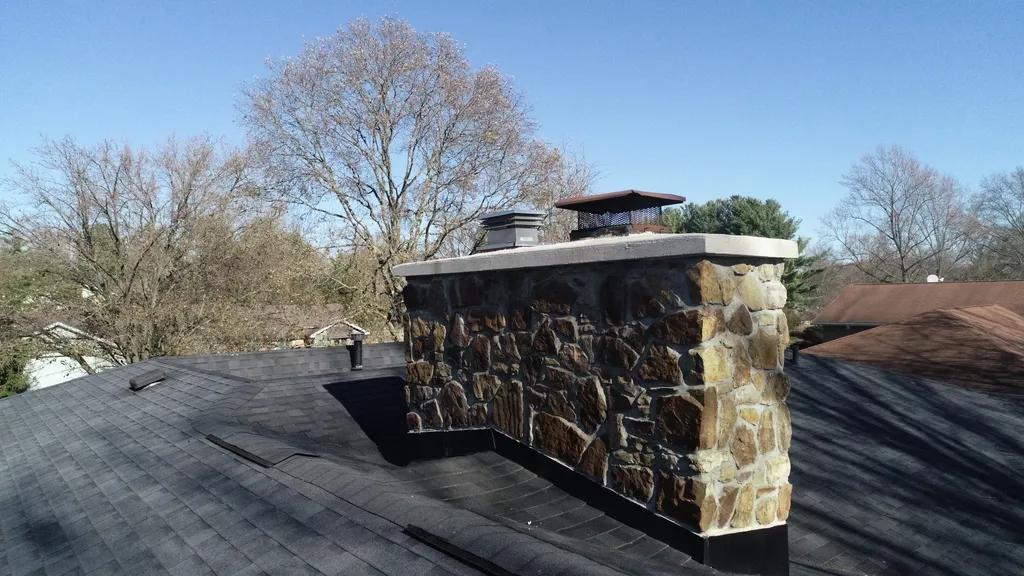Brick foundations are a common feature in many older homes, prized for their durability and classic aesthetics. However, over time, these foundations can develop cracks that may raise concerns for homeowners. Understanding the causes and implications of cracks in brick foundations is crucial for maintaining the structural integrity of a home. In this article, we will explore the common reasons behind cracks in brick foundations and provide insights on how to address and prevent these issues.
Table of Contents
- Common Causes of Cracks in Brick Foundation
- Effects of Cracks on Structural Integrity of Buildings
- Signs to Look for in Identifying Foundation Cracks
- Effective Solutions and Repair Methods for Brick Foundation Cracks
- Q&A
- Wrapping Up

Common Causes of Cracks in Brick Foundation
Brick foundations are a common choice for many homes due to their durability and aesthetic appeal. However, over time, cracks can start to appear in the foundation, which can lead to structural issues if left unaddressed. Understanding the common causes of these cracks is essential for homeowners to prevent any major damage.
One common cause of cracks in brick foundations is settlement. This occurs when the soil beneath the foundation shifts, causing the foundation to sink unevenly. Poor drainage around the foundation can also lead to cracks, as excess water can weaken the soil and put pressure on the bricks. Additionally, temperature changes and natural disasters like earthquakes can contribute to cracks in the foundation. It is important for homeowners to regularly inspect their brick foundation for any signs of cracking and address the issue promptly to prevent further damage.

Effects of Cracks on Structural Integrity of Buildings
Cracks in brick foundations can significantly impact the structural integrity of buildings, leading to potential safety hazards and costly repairs. It is crucial to understand the different types of cracks that can occur and their potential implications on the overall stability of a structure.
Some common effects of cracks on the structural integrity of buildings include:
- Weakened Foundation: Cracks in the brick foundation can weaken the overall structure of a building, compromising its ability to support the load.
- Water Damage: Cracks can allow water to seep into the foundation, causing damage to the building materials and potentially leading to mold growth.
- Structural Instability: Large cracks or multiple cracks in a foundation can indicate structural instability, posing a risk of collapse if not addressed promptly.

Signs to Look for in Identifying Foundation Cracks
When inspecting your home for foundation issues, it’s crucial to know what . One common type of foundation material is brick, which can develop cracks over time. These cracks can indicate underlying structural problems that need to be addressed promptly. Here are some key signs to watch out for:
Signs of Foundation Cracks in Brick:
- Vertical or horizontal cracks in the brickwork
- Stair-step cracks in mortar joints
- Bulging or bowing walls
- Gaps between bricks or windows

Effective Solutions and Repair Methods for Brick Foundation Cracks
When it comes to dealing with cracks in brick foundations, it is important to understand the underlying causes and appropriate solutions. Cracks can form in brick foundations due to various factors such as soil movement, water damage, or structural issues. It is crucial to assess the severity of the cracks before determining the best course of action.
One effective solution for repairing cracks in brick foundations is to use **epoxy injection**. This method involves filling the cracks with epoxy resin, which helps to bond and strengthen the damaged area. Another method is **repointing**, which involves removing the damaged mortar and replacing it with new mortar to ensure structural stability. It is also important to address any underlying issues such as poor drainage or soil compaction to prevent future cracks from forming.
Q&A
Q: What are common causes of cracks in a brick foundation?
A: Cracks in brick foundations can be caused by a variety of factors including settlement, water damage, poor construction practices, and tree roots seeking moisture.
Q: How can I determine the severity of cracks in my brick foundation?
A: The severity of cracks in a brick foundation can be determined by their size, pattern, and direction. It is always best to consult with a professional foundation repair specialist to assess the situation.
Q: Are all cracks in a brick foundation cause for concern?
A: Not all cracks in a brick foundation are cause for concern. Hairline cracks may be a normal part of the settling process, while larger, wider cracks may indicate a more serious structural issue.
Q: How can I prevent cracks from forming in my brick foundation?
A: To prevent cracks in a brick foundation, it is important to properly maintain the surrounding landscape, ensure proper drainage away from the foundation, and address any signs of water damage promptly.
Q: When should I seek professional help for cracks in my brick foundation?
A: It is recommended to seek professional help for cracks in a brick foundation if they are widening, expanding, or if there are other signs of structural damage such as bowing walls or uneven floors. A professional assessment can help determine the best course of action for repair.
Wrapping Up
In conclusion, understanding cracks in brick foundations is crucial in maintaining the structural integrity of your building. By identifying the type of crack and its underlying cause, you can take the necessary steps to address and prevent further damage. Regular inspection and maintenance of your foundation can help in detecting any potential issues early on. Remember, it is always best to consult with a professional for accurate assessment and appropriate solutions. By staying informed and proactive, you can ensure the longevity and stability of your brick foundation. Thank you for reading.


